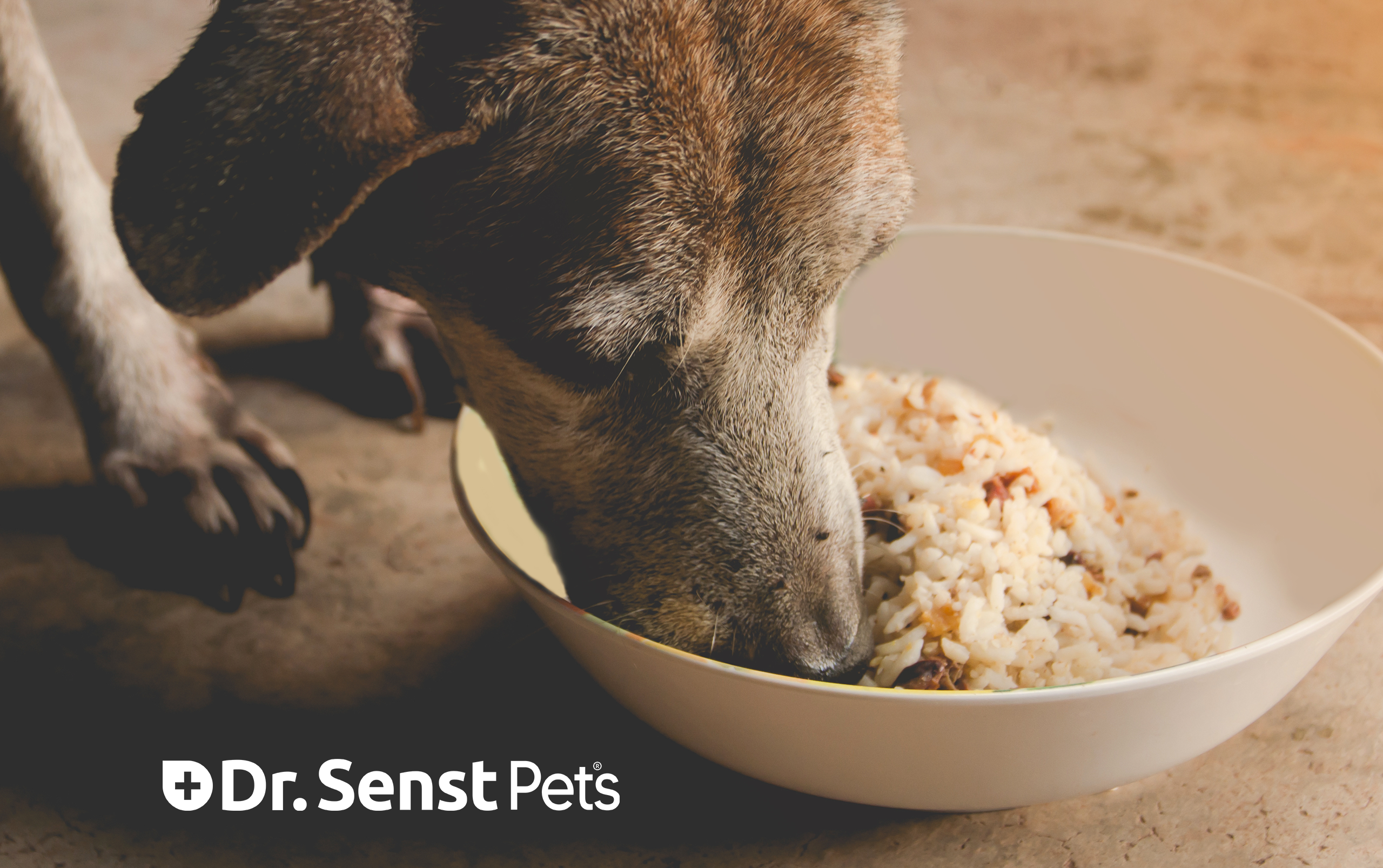
- by Dr.Thilo Senst
Can Dogs Eat Rice? Health Benefits, Risks, and Feeding Tips
- by Dr.Thilo Senst
Feeding your dog a well-balanced and nutritious diet is a crucial part of ensuring their overall health and well-being. One common question many dog owners ask is, can dogs eat rice? The answer is yes! Rice is a safe, nutritious, and easy-to-digest food for dogs when served in moderation. This article will explore the benefits, potential risks, and proper ways to incorporate rice into your dog’s diet.
Yes, dogs can eat rice. It is often recommended by veterinarians as a bland, easy-to-digest food for dogs with digestive issues or an upset stomach. However, it is important to feed rice in moderation and to choose the right type of rice to ensure your dog gets the maximum health benefits.
Rice is a rich source of carbohydrates and contains small amounts of vitamins and minerals. It is low in fat and calories, making it a good option for dogs on a low-fat diet or those recovering from an illness.
Rice can be a valuable addition to your dog’s diet when used in the right context. Let’s explore the benefits of rice for dogs:
According to a 2021 survey by PDSA, over 40% of UK dog owners are feeding their pets homemade meals, with rice being a popular ingredient for its affordability and ease of preparation.
While rice is safe for dogs, portion control is key. Overfeeding rice can lead to weight gain due to its high carbohydrate content. For most dogs, rice should make up no more than 10% of their daily caloric intake.
Analogy: Think of rice as an occasional side dish rather than the main meal. Just like you wouldn’t eat a plate full of plain rice every day, your dog benefits most when rice is part of a balanced, varied diet.
Rice should always be served plain, with no added salt, butter, or seasoning, as these can upset your dog’s stomach and may be harmful. The rice should be fully cooked and served alongside your dog’s regular food or other dog-safe ingredients.
Here are some simple ways to serve rice:
While rice is generally safe, there are a few risks to consider:
A study by Pet Food Manufacturers' Association found that 51% of UK dogs are considered overweight or obese, partly due to overfeeding carbohydrates like rice and lack of portion control.
1. Can puppies eat rice?
Yes, puppies can eat rice, but it should be introduced in small amounts. Rice is easy to digest, making it a good option for puppies with sensitive stomachs.
2. Is brown rice better than white rice for dogs?
Both brown and white rice have their benefits. White rice is easier to digest, while brown rice contains more nutrients and fibre. Consult your vet to determine which is best for your dog.
3. How often can I feed my dog rice?
Rice should be treated as an occasional addition to your dog’s diet. Feeding it too often may lead to weight gain or digestive issues.
4. Can dogs with diabetes eat rice?
Dogs with diabetes should avoid white rice due to its high glycaemic index. If you have a diabetic dog, consult your vet before feeding them rice.
5. Can I feed my dog rice every day?
It is not recommended to feed your dog rice every day. While it is safe, dogs need a variety of nutrients from different food sources. Rice should be part of a balanced diet.
While dogs can eat various types of rice, here’s a quick guide to which is best:
In conclusion, can dogs eat rice? Absolutely! Rice is a safe and nutritious option when fed in moderation. It can be a great addition to your dog’s diet, especially when they’re recovering from illness or need a bland meal to soothe an upset stomach. Just remember to serve it plain, cooked, and as part of a balanced diet.
For pet owners who want to enhance their dog’s health and well-being, it’s essential to pair a nutritious diet with the right supplements. At Dr. Senst Pets, we offer a range of health products designed to support your dog’s overall wellness:
![]()
Enter your details & download our comprehensive 50+ page printable Dr. Senst Pet Care Planner completley FREE! - keep track of all your pet’s needs, from medical history and training to vet visits, grooming, diet, and more!










Share:
Can Dogs Eat Pumpkin? Health Benefits and Safe Feeding Tips
Can Dogs Eat Celery? Safe Ways to Add this Crunchy Snack to Your Dog's Diet